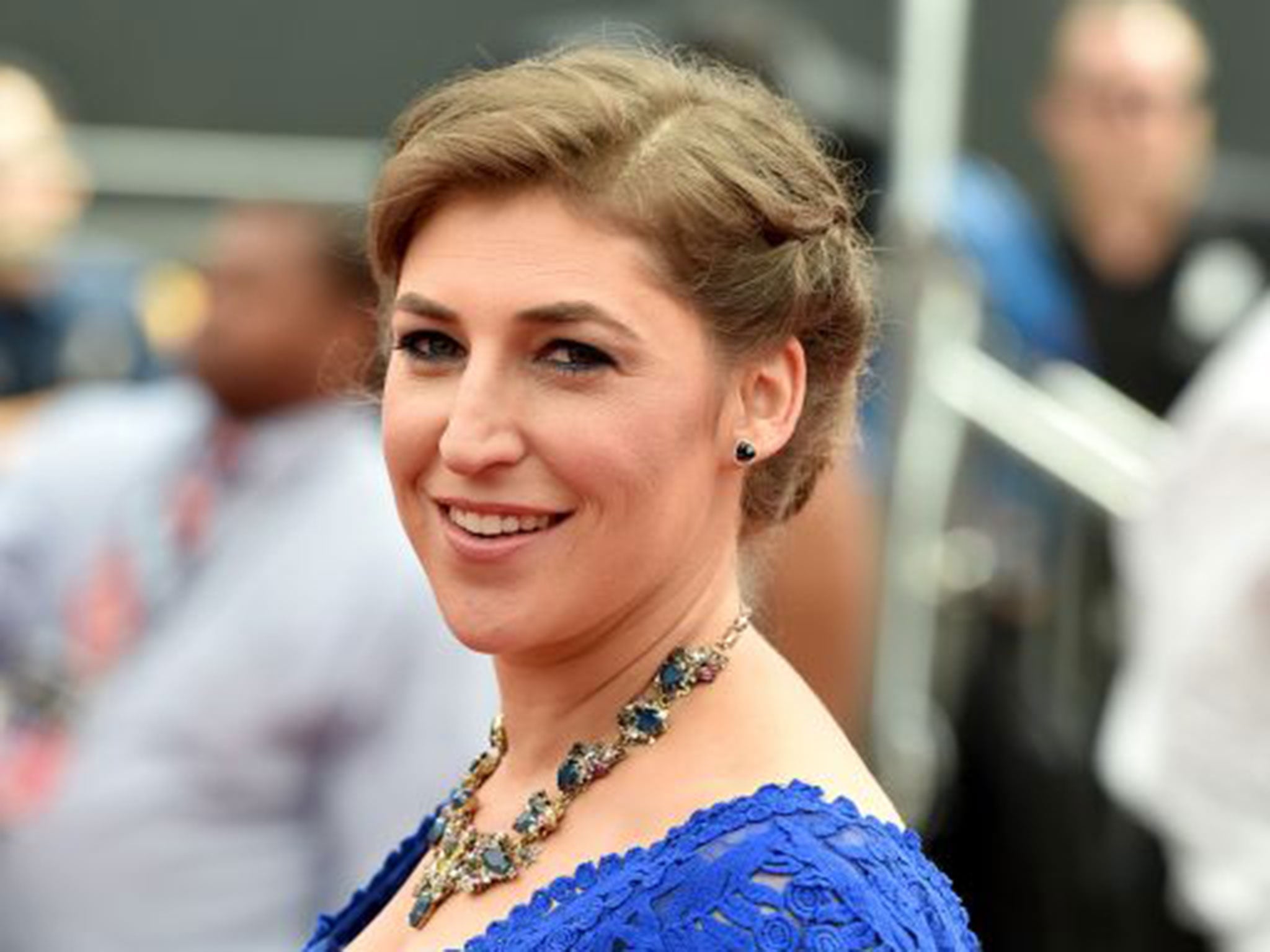Page 3 Profile: Mayim Bialik, actress and neuroscientist

Your support helps us to tell the story
From reproductive rights to climate change to Big Tech, The Independent is on the ground when the story is developing. Whether it's investigating the financials of Elon Musk's pro-Trump PAC or producing our latest documentary, 'The A Word', which shines a light on the American women fighting for reproductive rights, we know how important it is to parse out the facts from the messaging.
At such a critical moment in US history, we need reporters on the ground. Your donation allows us to keep sending journalists to speak to both sides of the story.
The Independent is trusted by Americans across the entire political spectrum. And unlike many other quality news outlets, we choose not to lock Americans out of our reporting and analysis with paywalls. We believe quality journalism should be available to everyone, paid for by those who can afford it.
Your support makes all the difference.Mother knows best?
One mother in particular certainly thinks so. Today sees the UK publication of a book on attachment parenting by the actress Mayim Bialik, a keen advocate of the child-rearing approach that encourages breastfeeding until a child weans naturally and allowing him or her to share the parental bed.
What are her credentials?
Most famous for her role as the socially awkward neuroscientist Amy Farrah Fowler in the US sitcom The Big Bang Theory, the actress, like her character, also holds a PhD in neuroscience. She says she drew on her scientific background along with her experiences as a mother to pen the parenting tome.
Any useful words of wisdom?
In the book Dr Bialik, 38, presents the central tenets of attachment parenting, focusing on the practices of “co-sleeping”, whereby babies and young children sleep with their parents in their bed rather than separately in a crib; “baby-wearing”, meaning the infant is carried in a sling attached to the parent as opposed to a buggy; and breastfeeding until the child – not the mother – chooses to stop. Dr Bialik found herself the subject of intense criticism in 2012 when she was spotted breastfeeding her three-year-old son on the New York subway.
Breastfeeding a child with a mouth full of teeth doesn’t sound very appealing…
Dr Bialik, who also serves as a lactation counsellor, revealed the following year that her son Fred had self-weaned aged four; her other son did so aged two. Having studied the hormones of mammalian bonding, she insists that attachment parenting is the most appropriate way to respond to a child’s needs. However, the author risks alienating multitudes of potential readers, condemning “indignant women who want to be in offices and not parenting their children actively”.
But doesn’t she juggle motherhood with work?
Dr Bialik, who split from her husband in 2012, told i: “I made the difficult decision to stay at home when my children were little. I’m lucky that the father of my children was there to look after them when I did return to work.” Despite the fact that she has been nominated for an Emmy three times, she shuns the limelight, and explained: “I work for health insurance and to pay the mortgage, but life is about being a mum.” She added: “My children are compassionate because they have been shown compassion¬, what else could I want?”
Join our commenting forum
Join thought-provoking conversations, follow other Independent readers and see their replies
Comments